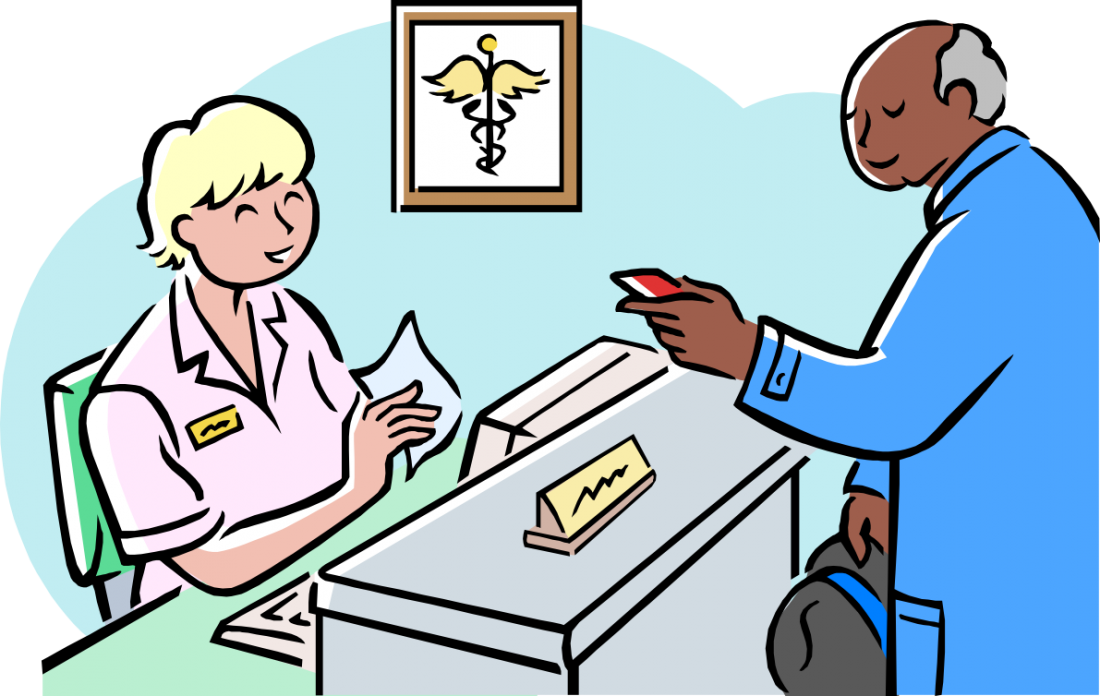Training Medical Receptionists
Medical Receptionists often start new positions with either no previous work history in healthcare or their training and understanding of receptionist work is based on another industry or medical specialty. Most offices have various methods of training, there is no one size fits all when it comes to healthcare front desk responsibilities.
Some organizations have standard training procedures that include videos and training manuals that must be reviewed prior to the hands-on training. This may include basic customer service, information regarding billing, and most importantly the electronic medical record or practice management system they will be required to use.
Starting a new position can be quite intimidating regardless of your level of experience. Having a reliable training program or process usually helps individuals get to a level of independence the job requires. Most often managers will spend time with new hires initially. The manager or supervisor will assist the employee with access to any programs or online resources they need. They provide contacts, reference materials, expectations, and complete the onboarding process. They may even conduct the first steps of training to be sure the employee understands the expectations of the job.
While managers will jump in to get their new hires ready, they often do not have the time to spend 2 weeks training an employee. In fact, you will find that colleagues tend to train those who will be doing the same job they do. The benefits of this include experienced front desk staff training new front desk staff. Those who are doing the job daily can provide more insight than even a manager can in some instances. Management wants employees to have the best opportunity to succeed and that doesn’t mean they have to be the one to conduct their training. Leaning on their seasoned professional staff members is a sign of leadership and understanding. They also show trust in the current staff to bring new employees up to speed.
Some recommendations during training would be to always leave space for questions. Allow the new staff member to make the calls, enter information into the system, take messages and conduct scheduling. You can coach them through it but don’t wait 5 days before you allow someone to get their hands dirty. You can show someone the same thing repeatedly, but it most often sticks when they can complete the action themselves. How will you know how someone will communicate with patients if you don’t allow them to do just that. It is much easier to implement corrections during a probationary or training period than it is once they are fully integrated into your practice or healthcare organization.
During training we generally focus on the daily routine that needs to take place. We often forget that these new hires also need to be able to stay organized. Making sure new Medical Receptionists stay organized requires that they have everything they need for their job at their desk. It may be as simple as providing them with a desk organizer or an ergonomic chair. It might mean they need binders or folders to keep documents and forms arranged and accessible. You also must make sure they have access to printers and fax.
If there are policies that directly pertain to front desk staff such as “no food at the desk” or “no cell phone use during work hours” they need to be made aware of that during training. Another good idea to implement when training is to never assume. Never assume what the person knows. Show them and explain everything you can, ask them if they understand. This will often help them with asking questions about what they have been taught. You will eventually realize what they need more help on and where they feel confident. Even if your employer or organization has a well-structured or robust training program, there is one last thing I would suggest as part of your onboarding. Survey the new hire after 30-60 days. Inquire about how effective they feel the training was and find out if they felt prepared once they were on their own. This will help for when you must train another new employee and also let you know where the new hire may need some additional guidance.
If you, your office, or front desk staff is struggling with customer service and communication consider the Medical Receptionist Success Training course.



